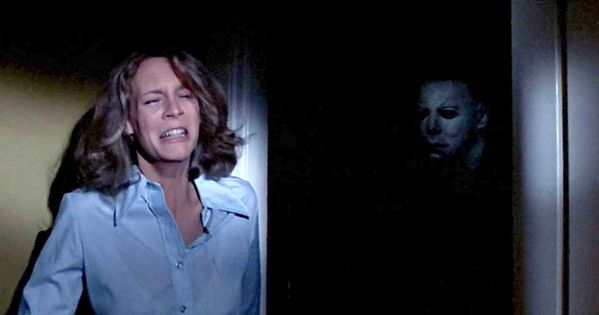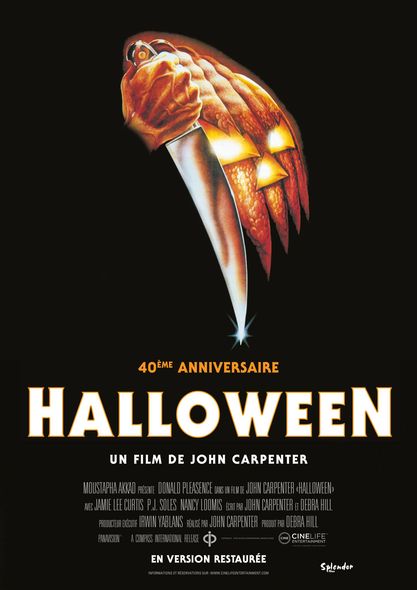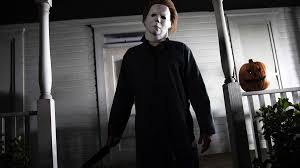Halloween (1978)

“Halloween” (1978): A Groundbreaking Horror Classic Directed by John Carpenter

Released in 1978, “Halloween” is a seminal horror film directed by John Carpenter that redefined the genre and set the standard for slasher films. With its haunting score, innovative cinematography, and chilling atmosphere, “Halloween” introduced audiences to the iconic character of Michael Myers, a masked killer who escapes from a mental institution and returns to his hometown of Haddonfield to stalk a group of teenagers, particularly Laurie Strode, played by Jamie Lee Curtis.
The film opens on Halloween night in 1963, when a young Michael Myers brutally murders his older sister. Fifteen years later, he escapes from the Smith’s Grove Sanitarium and returns to Haddonfield, where he begins to stalk Laurie and her friends. As the night unfolds, Laurie and her friends find themselves in a terrifying game of cat and mouse, culminating in a suspenseful confrontation with the masked killer.

John Carpenter’s direction is characterized by his masterful use of tension and atmosphere. The film employs a minimalist approach, utilizing long takes and strategic framing to build suspense. Carpenter’s use of the camera creates a sense of voyeurism, making the audience complicit in the terror experienced by the characters. The iconic score, composed by Carpenter himself, features a simple yet haunting melody that has become synonymous with the horror genre, heightening the film’s tension and sense of dread.

“Halloween” is primarily classified as a slasher film, but it also incorporates elements of psychological horror. The film explores themes of fear, innocence, and the nature of evil. Michael Myers is portrayed not just as a killer, but as an embodiment of pure evil, an unstoppable force that disrupts the normalcy of suburban life. The film raises questions about the nature of violence and the impact of trauma, particularly through the character of Laurie, who becomes a symbol of survival and resilience.
Jamie Lee Curtis delivers a breakout performance as Laurie Strode, showcasing her vulnerability and strength as she confronts the terror of Michael Myers. Her portrayal of Laurie has become iconic, establishing her as a final girl archetype in horror cinema. The supporting cast, including Donald Pleasence as Dr. Sam Loomis, adds depth to the narrative, with Loomis serving as a voice of reason and a warning about the dangers posed by Michael.
Upon its release, “Halloween” was both a critical and commercial success, becoming a landmark film in horror history. Its influence on the genre is profound, inspiring countless sequels, remakes, and imitators. The film’s combination of suspenseful storytelling, memorable characters, and Carpenter’s chilling score has solidified its status as a classic.
In conclusion, “Halloween” (1978) is a groundbreaking horror film that showcases John Carpenter’s directorial prowess and Jamie Lee Curtis’s iconic performance. With its intense atmosphere, innovative cinematography, and exploration of the nature of evil, the film remains a cornerstone of the horror genre. As it introduces the terrifying figure of Michael Myers and the enduring struggle for survival, “Halloween” continues to captivate and terrify audiences, ensuring its place as one of the greatest horror films of all time. Its legacy endures, influencing filmmakers and shaping the landscape of horror cinema for decades to come.











